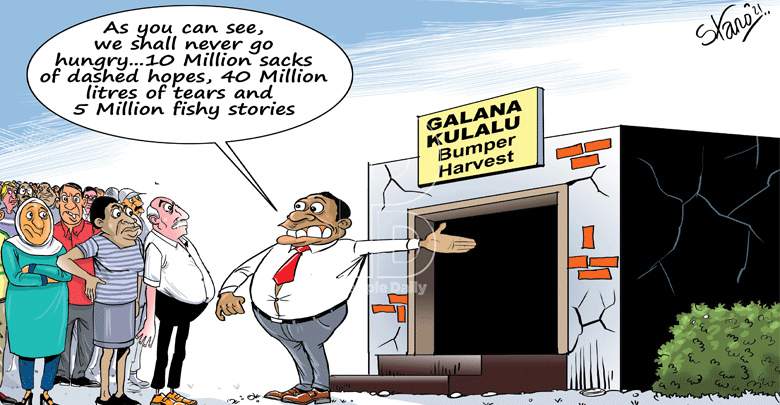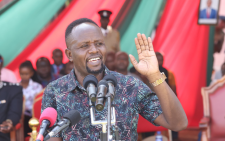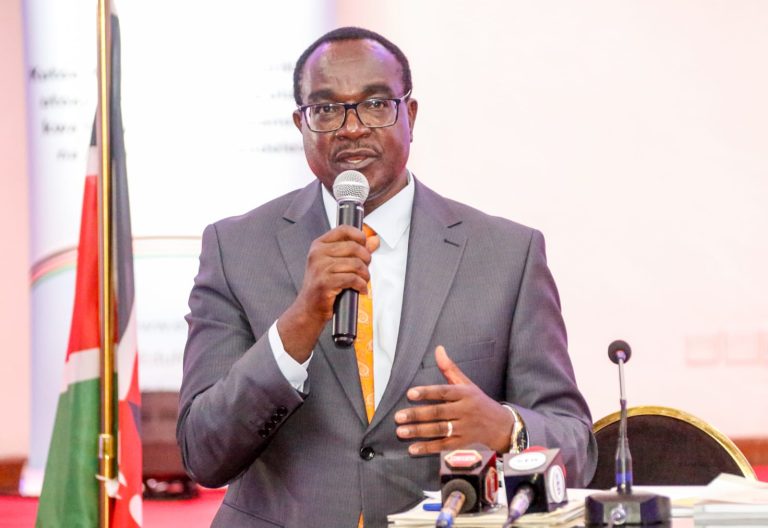I was haunted by Goldenberg scandal: Mudavadi
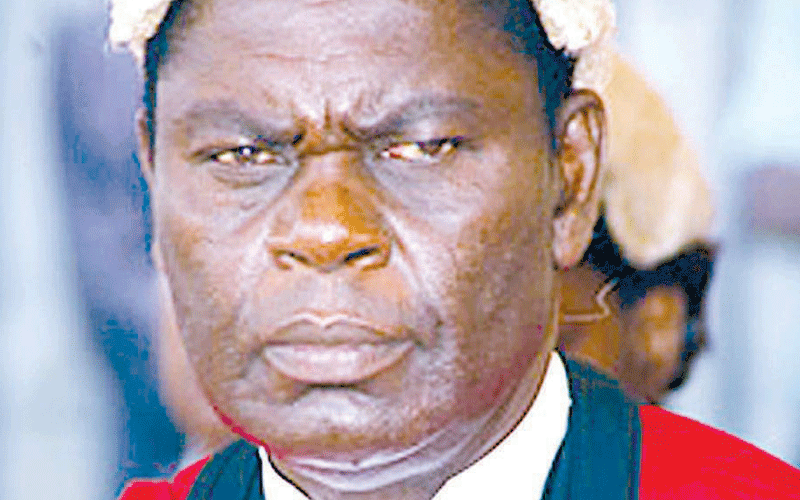
Emeka-Mayaka Gekara
The ghost of the Goldenberg scandal agonised Amani National Congress (ANC) leader Musalia Mudavadi for several years and only his clearance by a Commission of Inquiry chaired by Justice Samuel Bosire paved the way for his return to active politics.
Mudavadi took what he calls a ‘sabbatical’ following a painful defeat in the 2002 General Election after sticking to Kanu against a formidable Narc wave that uprooted the former ruling party from power.
After assuming power, President Mwai Kibaki in February 2003 appointed the Bosire Commission to investigate the Goldberg scandal in which the country lost billions of shillings in export compensation for non-existent gold and diamonds.
Mudavadi swas appointed Finance minister in 1993 when the scheme was already in place.
Mudavadi writes the 2003 public inquiry by the Bosire Commission was an expensive, painful and lonely affair for him.
His friends abandoned him while some could not take his calls, reveals the former Deputy Prime Minister in his autobiography, Musalia Mudavadi: Soaring Above The Storms of Passion.
“It was a season of anxiety. You kept wondering whether there will be justice or vindictiveness on the weighing scales of the commission,” he says.
“At this time, too, the people to call friends were very few and rare. People who previously telephoned you six times a day could now not pick your call. The phone would ring on and on and go off. Sometimes it was nipped in the bud of the first ring.”
The Goldenberg ccandal was hatched and executed between 1991 and 1993 and was marketed as possible major exchange earner for the country.
In the scheme, Goldenberg International, a company owned by businessman Kamlesh Mansukhlal Pattni and former spy chief James Kanyotu would export the minerals and receive compensation from the government for earning foreign exchange.
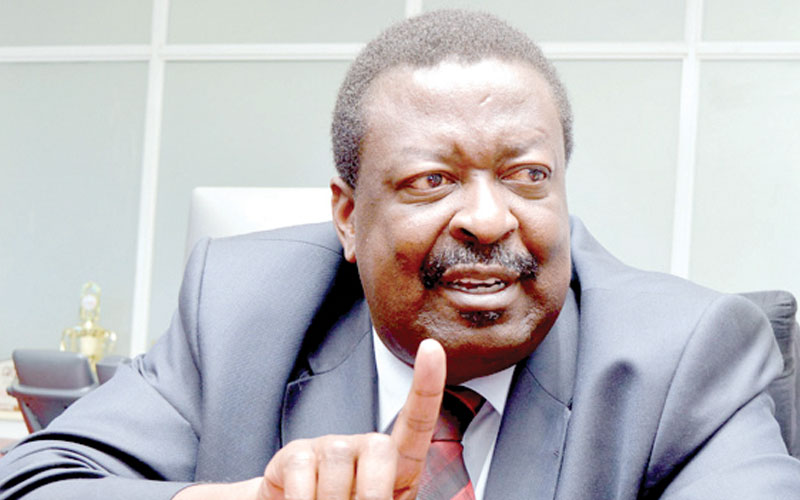
It turned out that Goldenberg International was not exporting any gold and diamond jewellery and that their claims were fictitious.
Their scheme was executed in conjunction with Exchange Bank Ltd, which was also owned, by Pattni and Kanyotu.
The scandal, which ran for about three years, brought the economy to its knees before it was nipped in the bud.
The Bosire Commission concluded that it was the during Mudavadi’s tenure at the Treasury when the scheme was stopped. However, the team found his predecessor George Saitoti culpable.
“We have evidence that Mudavadi almost single handedly opposed the payment to GIL of Kenya Sh2.1 billion which had been recommended by PAC. In the circumstances, the role he might have played in the Goldenberg Affair was innocent,” said Bosire.
Mudavadi reveals that the inquiry not only cost him a fortune but also triggered suspicion among friends and family members.
“The anguish was huge to me personally, to my immediate family and to friends. It had been a costly affair as legal services don’t come for free,” he writes.
“I consider that this is an extremely unfair phenomenon in our jurisprudence. People can drag you through an expensive legal process about which you are eventually acquitted.”
He says even banks abandoned him.
“Even doing business was difficult. Institutions like banks found it difficult to trust you. You were perceived as a thief, a criminal with whom people should be cautious.”
The Bosire commission established that some 27 billion was lost through Goldenberg and its related activities.
He says the coming to an end of the Goldenberg inquiry was an opportune moment for him to return into active politics. So while attending a thanksgiving party at the home of then vice-president Moody Awori in Busia County, the ANC chief renounced Kanu and defected to the Liberal Democratic Party (LDP).
Here he found comfort in former comrades to the chagrin of Ford Kenya leaders who wanted him to defect to their party which enjoyed support in Western region. There was a feeling the LDP was leaning towards Raila Odinga.
According to Mudavadi, he joined LDP because it was comprised of people who had defected from Kanu in protest of President Moi’s choice of Uhuru Kenyatta as the party flag-bearer in the 2002 presidential poll.
“It seemed only logical that I should consider re-entering through the same door that I had left,” he writes in the autobiography that is to be launched in two weeks.
“I saw myself as the proverbial political animal that had been injured in the pastures. It was now hobbling back into the kraal seeking accommodation if they will find space for me.”
But it was the 2005 referendum on the Constitution that gave him the lifeline for a return to the national stage.
Mudavadi teamed up with the ODM luminaries Raila, Uhuru, William Ruto and Najib Balala to campaign against the proposed Constitution, handing President Kibaki who supported the document a resounding defeat.

